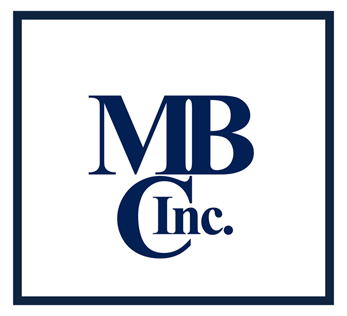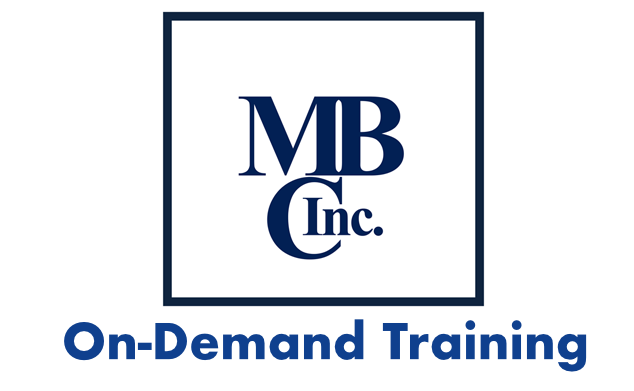EGO and Change!
The Choice is not dictated to you
The Choice is yours.
Executives, managers, business leaders all spend their career putting systems in place to “win” the battle. Whether the battle is besting the competition, reducing cost, development or improvement of products, continuous improvement, lean, etc., when careers are spentdeveloping these things or winning these battles. The things and battles become “who-we-are”. Our egos cannot allow us to  abandon the “old-ways”, the ways that brought us success, fame, promotions, profit, etc. It is no wonder the human factor latches onto the past and makes us powerless to make the changes we need to make, changes that allow us to see the future to see the path of change.
abandon the “old-ways”, the ways that brought us success, fame, promotions, profit, etc. It is no wonder the human factor latches onto the past and makes us powerless to make the changes we need to make, changes that allow us to see the future to see the path of change.
If we allow the ego to hold us to the past we start down a path of regression that will not allow us to succeed. As leaders everyone must see the way to overcome the ego. Not that the ego isn’t necessary, it certainly is. The leader must not only lead the organization, the leader must also lead there self. never allowing the ego, or the past to bring them to a full stop or to move backwards.
Consider the lessons of General Powell in many of his speeches and writings he gives warning of the pit fall of excessive ego. General Powell in his description of change stresses “leaders can’t wed their egos to the status quo, because the status quo inevitable changes. Great leaders walk right up to change and shake its hand. They use the power of their egos to inspire and instigate change, rather than to resist it”.
The danger of resisting change is stagnation, while we are all aware of this truth. It is still our instinct to resist change for resistance sake. If our goal and desire is to lead, then we must be the instrument that seeks change not the wall that resists change. How often has our first response to change been, “we can’t do that because…”, or “we tried that years ago and it didn’t work then”. Maybe we need to change the question. Shouldn’t the questions be? “What do we do first to make this change go smoothly?” Or perhaps “How would you go about the logistics of make this change successful?”
How many of us proudly claim or believe we are agents of change and that we are the ones that “think outside the box”, perhaps this isn’t actually true. Perhaps we don’t really think outside the box, perhaps we only think inside a slightly bigger box. This still traps us by our ego to the status quo and holds us firmly in the past.
In such an organization an important self examination process should not bring the question, “How well am I performing my job?” The important self examination questions should
be, “How much have I changed my job?” Or, “What new projects have I undertaken?” Or, “How many cross-functional teams have I been invited to join?” These are the things that tell us we are NOT locked into the status quo, but are actually become agents of change. We are becoming the future of our organizations growth and prosperity.
Consider General Powell’s four principles of ego.
Look to the future and be focused on tomorrow. After you have embraced change follow it with innovation looking to the future. The alternative is to be stuck in the past; even in the best of times you should always be looking for clues to guide you to new and better directions.
Always be ready to challenge “we have always done it this way”. What are the facts and what is your instinct are they the same, if not, why not? What are going to be the ‘sides’ when you purpose the changes that are needed?
Don’t be near-sighted or narrow-minded. Change your direction before someone else changes it for you. How many companies can you name that failed because they didn’t make a change in direction, product, service, etc.
Make change mean improvement, and make improvement mean growth. General Powell tells us “humans resist change. Change precipitates growth. Therefore, humans resist growth, even when growth brings them secure employment, profit and keeps them employed.”
Leaders by their nature are people with a healthy ego. The reader should not take anything in this brief article to mean ‘ego’ is an unhealthy attribute. Leaders have strong egos. The key is DON’T LET THE EGO RULE. People make decisions, people make change, people make improvement, people are the leaders, rational, focused, driven all are attributes of leaders all are attributes of people.
There are two books that I recommend to everyone that is interested in understanding the principles of leadership.
The Leadership Secrets of Colin Powell by *Oren Harari
The Powel Principles by *Oren Harari
Please talk with your peers and see if they would benefit from this series. If you think they may, please send them to the web-site www.mbcincorp.com they may download the free white paper and be automatically signed up to receive all future leadership articles and quality tips.
Thanks to All
Bill Martin – President
MBC, Inc.

